Author: Adegbola Adedeji S., Dietitian (Neurology unit), FMC Abeokuta.
After a stroke, many things change and this includes what you eat. And this is the time when a lot of people around suddenly become experts at telling you what you should do and not do. We understand that this is borne out of care for you, and we know that the advice can be overwhelming that you may not know what exactly you should do. Worry no more, we are here for you.
In this article, we will debunk five myths about diet after stroke. Most of them are what you have heard from one or two persons to be true. However, we are here with backings from scientific research to tell that which is factual.
MYTH 1: YOU CAN’T DO ANYTHING TO PREVENT STROKE
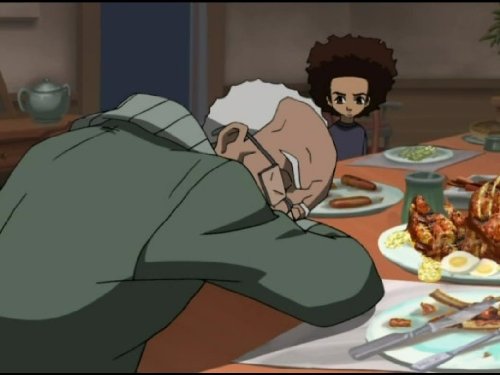
FACT: The good news is that up to 80 percent of strokes are preventable, says the National Stroke Association. Smart lifestyle choices that reduce stroke risk factors such as high blood pressure, high cholesterol, and diabetes; all lower your risk of having a stroke. Maintaining a healthy weight and eating a heart-healthy diet are other ways to help prevent stroke and the cardiovascular disease that leads to stroke.
MYTH 2: SPECIAL DIET FOR STROKE SURVIVOR
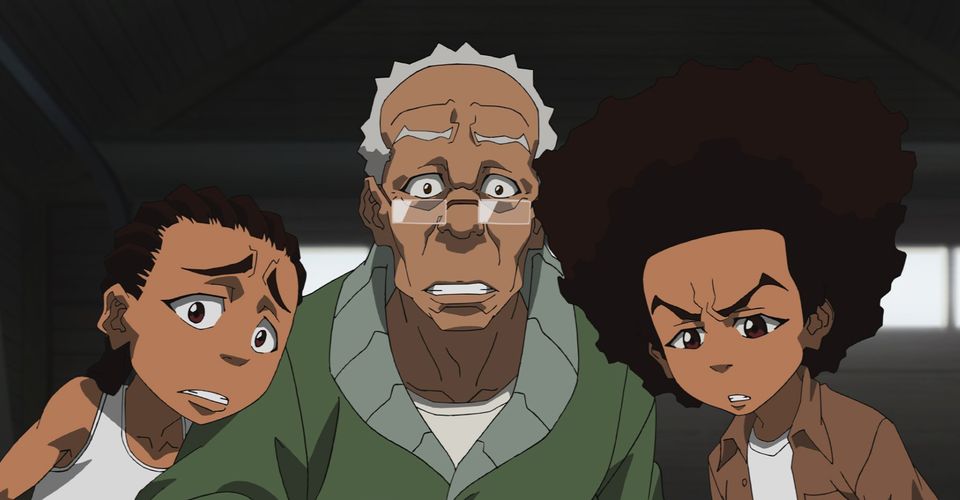
FACT: There is no such thing as a special diet for people living with stroke. An adequate and diversified diet may reverse stroke complications, the quality and quantity of the diet are of paramount importance. A diet high in potassium, low in sodium, low in saturated fat, and rich in vegetables, fruits, cereal fiber, and whole grains may be ideal for reducing stroke risk. In almost any circumstance it’s good to reevaluate what you’re eating and your lifestyle after having a stroke. Eating a healthy diet can help reduce the risk of having another stroke.
MYTH 3: EATING DRAW SOUP (LIKE EWEDU, OKRO) WORSEN STROKE
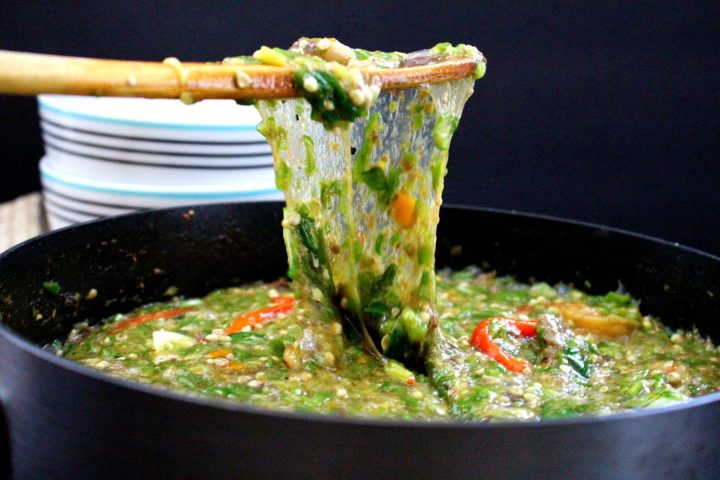
FACT: There is no link between draw soups and worsening of stroke outcome. Draw soups are a very good source of fibre, rich in micronutrients needed for body function, and also a good source of antioxidants that prevent body damage. Eating this food group will help you diversify your diet which is a key tool in healthy eating.
MYTH 4: HERBS CURE STROKE
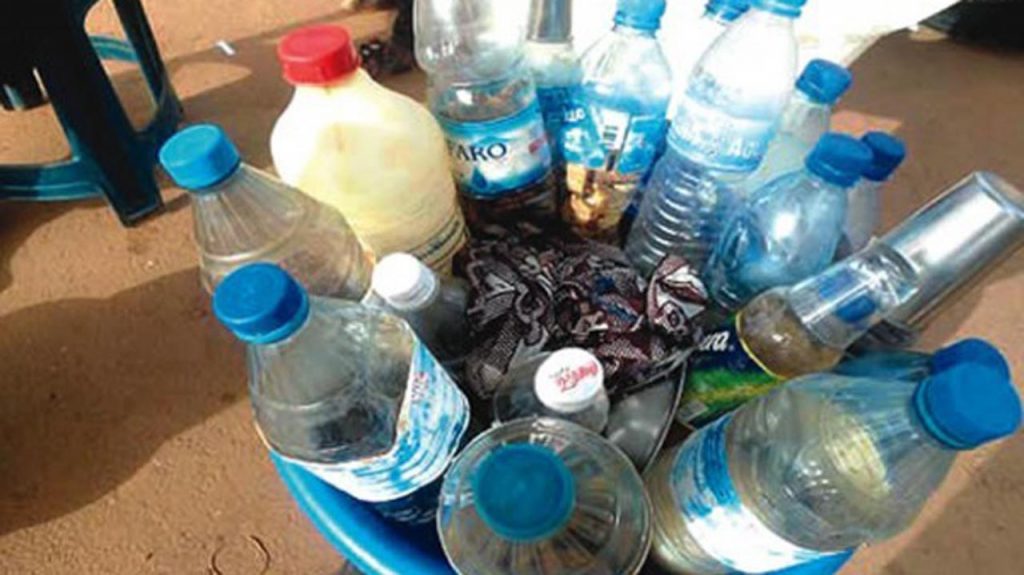
FACT: Herbal medication does not cure stroke. Stroke is a chronic (long) disease that can only be managed (not cured). The use of herbs greatly interferes (drug-to-drug interaction) with medications and also stresses the liver which metabolizes all forms of drugs. Therefore using herbs with medications has serious and deadly consequences; you are therefore encouraged to stop the use of herbs.
MYTH 5: OFFALS IS GOOD FOR STROKE SURVIVORS
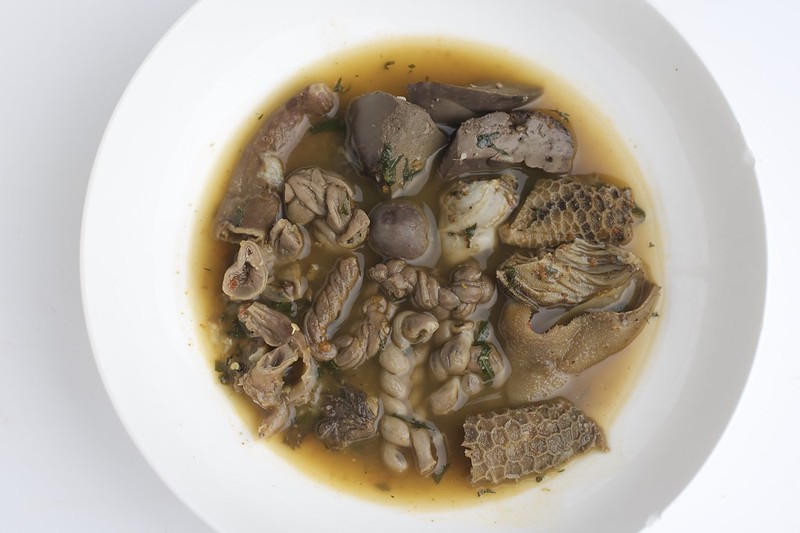
FACT: Organs meats like liver, intestines, kidney; are referred to as ‘offals’. Offals are sometimes recommended for elderly people because of their tender property (easier to chew than other meat), however recent studies reveal that organ meats are high in cholesterol and saturated fat. It is, therefore, best to go for scaly fish, or lean meat, nevertheless offals can be taken occasionally.
These are the first five myths we want you to do away with and we are glad to let you know we have more for you. Stay up to date by following our Facebook and Instagram pages.
Learned something or heard a myth for the first time? Drop your comments below!
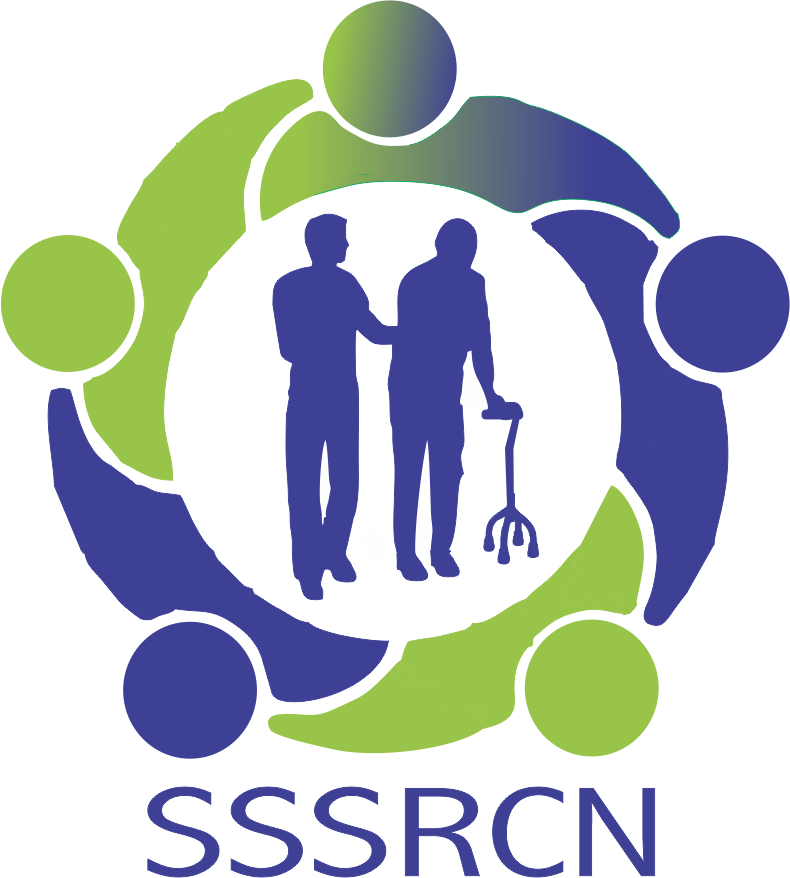
Every bad thing is said about draw-soup, they even say it reduces men’s sexual health. Thank you for the encouragement that these soups are very healthy.
Thanks so much for this enlighten post. Now I know better and hope to put the knowledge into good use by sharing
Beautiful write up, we hear a lot of donts about stroke, we even heard that once you have stroke, falling down can be deadly, as well as taking an injection
Wonderful write up!!
Separating fact from fiction..
Kudos to our dieticians.